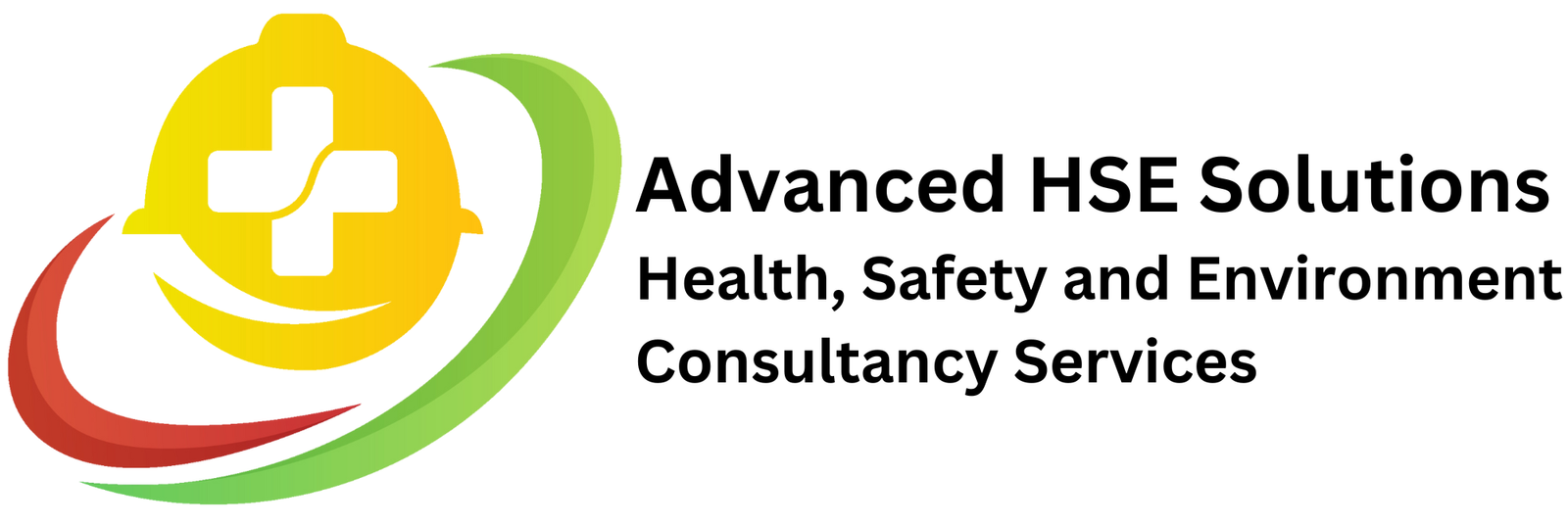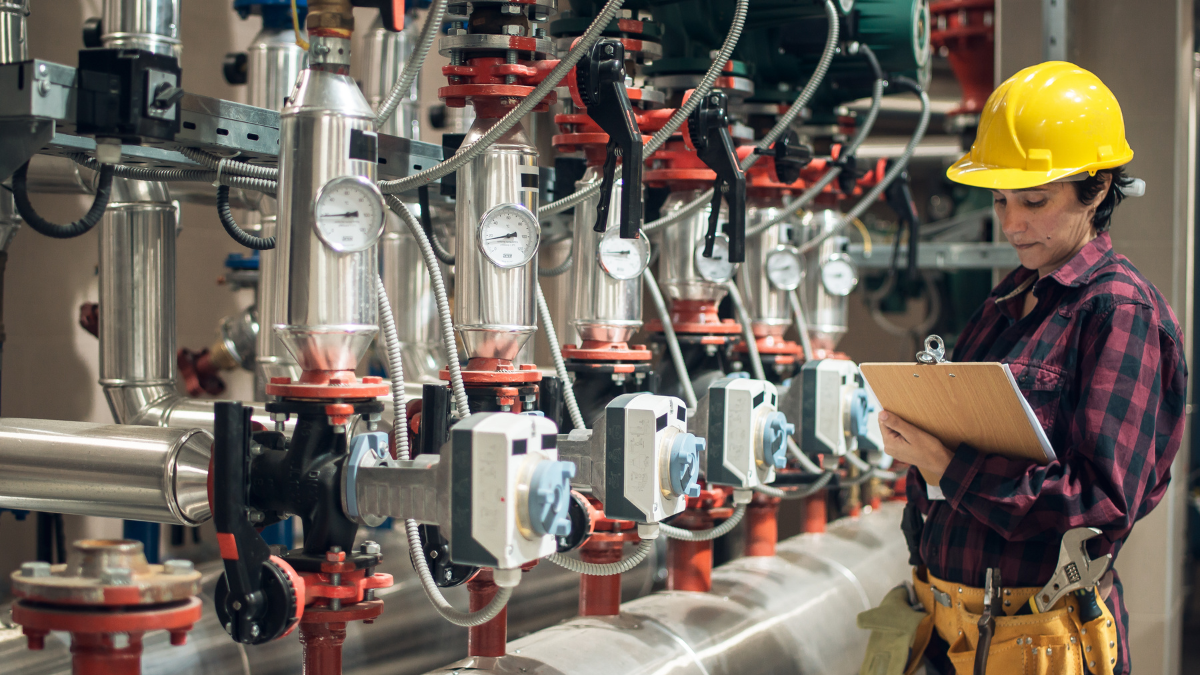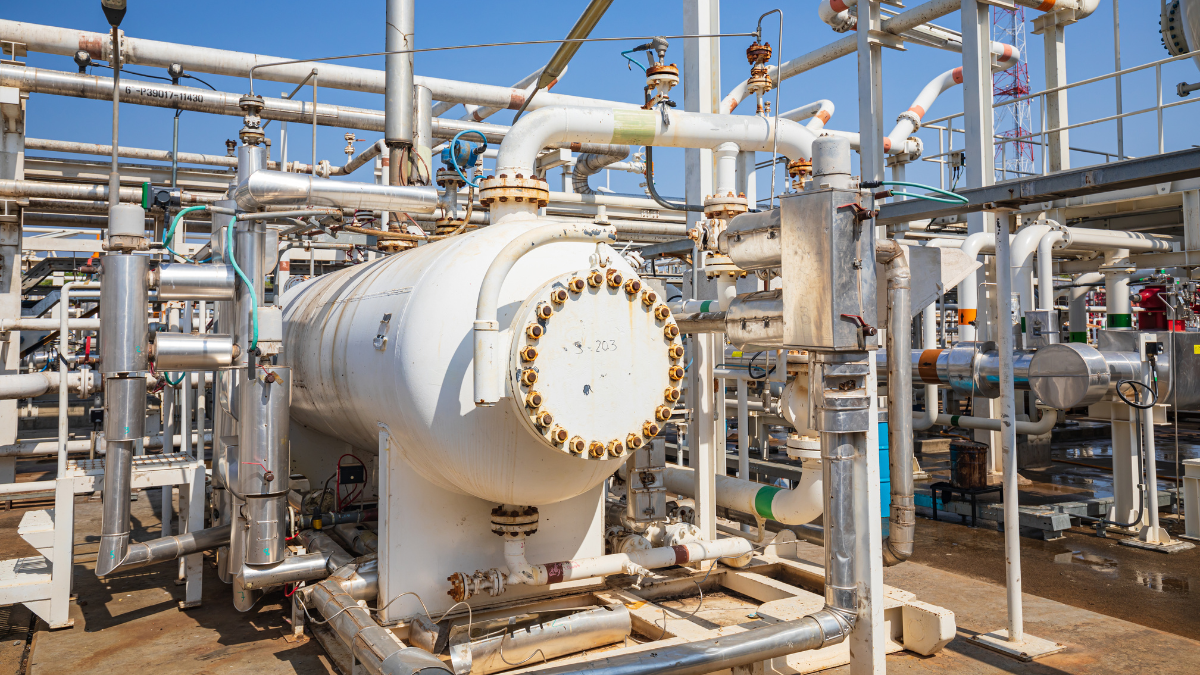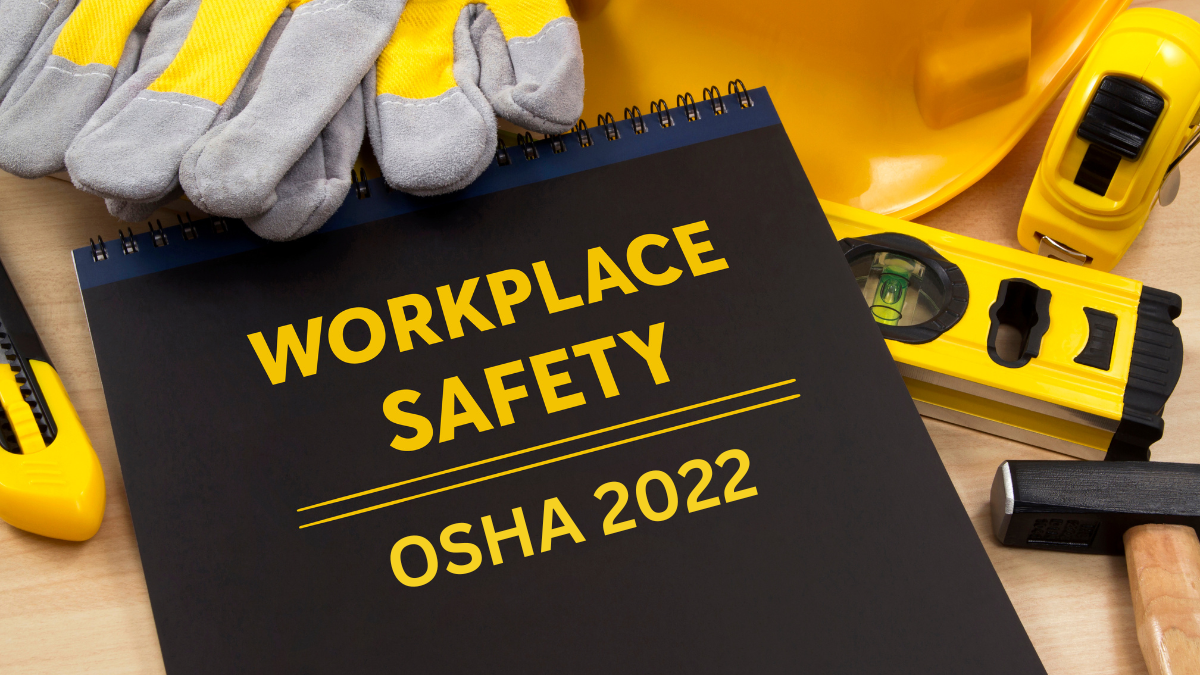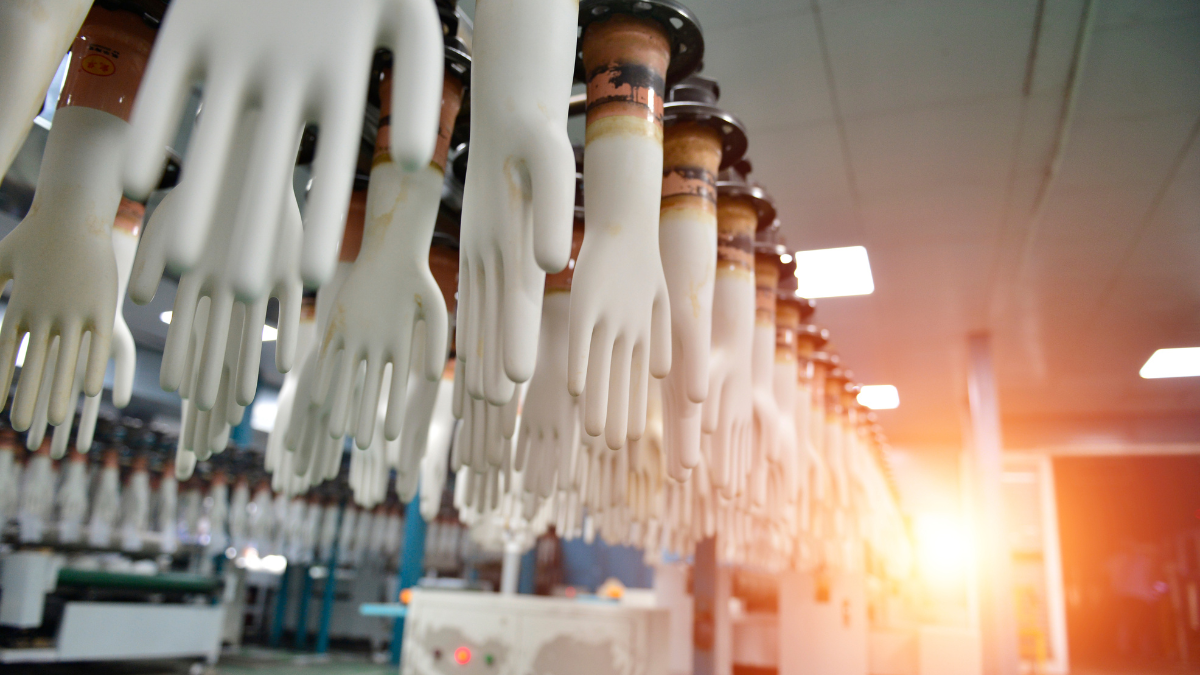Table of Contents
Introduction: The Importance of HSE in Food Manufacturing
The food manufacturing industry is one of the most vital sectors in Malaysia, contributing significantly to economic growth. However, it is also one of the most regulated, requiring strict adherence to health, safety, and environmental (HSE) standards. From handling chemicals to ensuring proper hygiene and minimizing workplace risks, compliance with HSE standards is not only a legal obligation but a business imperative.
This article delves into the challenges faced by food manufacturers and how HSE services such as Chemical Health Risk Assessments (CHRA), workplace safety audits, and hygiene monitoring can address these challenges. It also highlights the benefits of implementing robust HSE practices for compliance, employee safety, and operational efficiency.
Key Challenges in the Food Manufacturing Industry
1. Chemical Hazards in Food Processing
Food manufacturing often involves the use of cleaning agents, sanitizers, and chemicals to maintain hygiene and equipment functionality. While these substances are essential, improper handling can pose significant risks to workers’ health, such as respiratory issues and skin irritation.
2. Cross-Contamination and Hygiene Risks
Maintaining high hygiene standards is critical in food production. Cross-contamination from equipment, raw materials, or workers can lead to foodborne illnesses, product recalls, and damage to a company’s reputation.
3. Machinery and Physical Hazards
Heavy machinery used in food processing poses risks such as entanglement, cuts, and crushing injuries. Workers must be trained to handle equipment safely, and regular maintenance is crucial.
4. Noise and Ergonomic Issues
Repetitive tasks and prolonged exposure to noisy environments are common in food manufacturing, leading to ergonomic strain and potential hearing loss.
5. Regulatory Compliance
Food manufacturers must comply with multiple standards, including:
- Occupational Safety and Health Act (OSHA) 1994
- Food Hygiene Regulations 2009
- Hazard Analysis and Critical Control Points (HACCP)
Non-compliance can result in legal penalties and operational shutdowns.
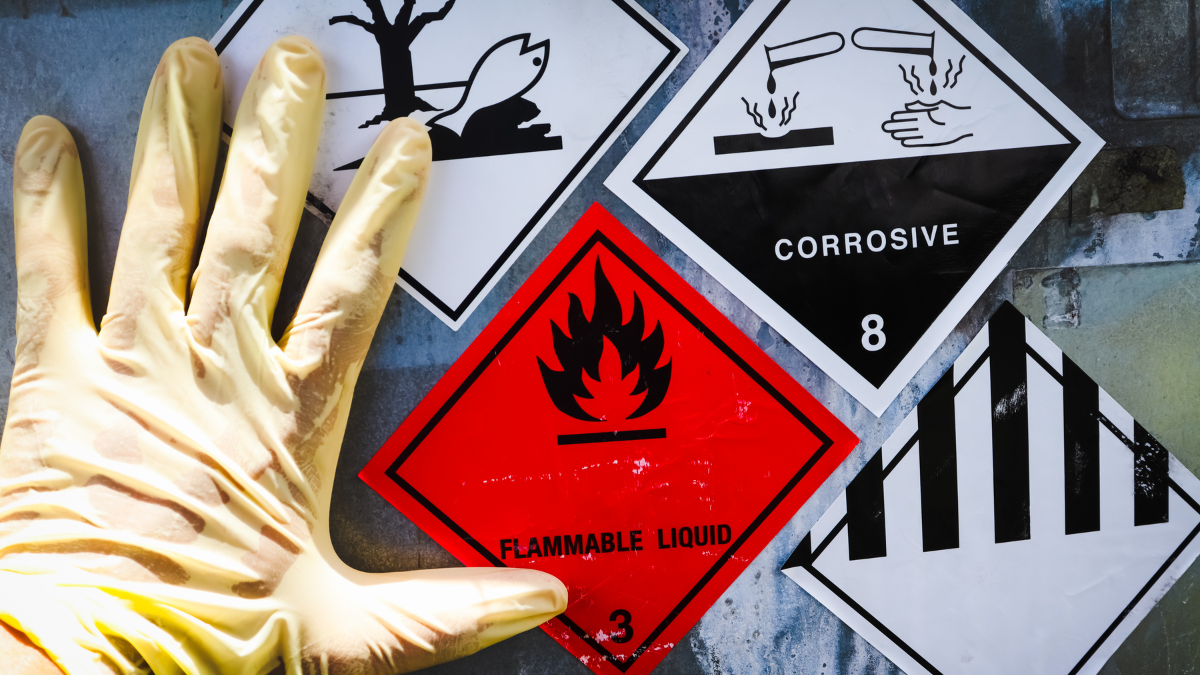
How HSE Services Address These Challenges
1. Chemical Health Risk Assessments (CHRA)
Why It’s Essential:
CHRA identifies risks associated with chemical exposure, ensuring safe handling and storage of hazardous substances used in food manufacturing.
How It Helps:
- Evaluates risks of chemical exposure to workers.
- Recommends proper ventilation systems, such as Local Exhaust Ventilation (LEV).
- Ensures compliance with USECHH Regulations 2000.
Example:
A CHRA conducted for a food manufacturing plant revealed high exposure to cleaning agents. By installing proper LEV systems and providing workers with gloves and masks, the company reduced health risks significantly.
2. Hygiene and Cross-Contamination Control
Why It’s Essential:
Maintaining hygiene prevents foodborne illnesses and ensures product safety, meeting HACCP and other food safety requirements.
How It Helps:
- Implements monitoring systems for air quality, water safety, and waste management.
- Introduces Standard Operating Procedures (SOPs) for sanitation.
- Trains employees on hygiene best practices.
Example:
Advanced HSE Solutions provided environmental monitoring services to a client in the food sector, enabling them to meet DOE standards for water discharge and waste management, ensuring a clean and safe production environment.
3. Workplace Safety Audits
Why It’s Essential:
Safety audits identify potential hazards in food manufacturing facilities, such as slippery floors or unguarded machinery.
How It Helps:
- Conducts risk assessments to identify workplace hazards.
- Recommends corrective measures, such as installing non-slip flooring and machine guards.
- Ensures compliance with OSH regulations.
Example:
During a safety audit for a biscuit manufacturing plant, unsafe wiring near production lines was identified. Recommendations were made to relocate wiring and install protective enclosures, ensuring worker safety.
4. Noise and Ergonomic Risk Assessments
Why It’s Essential:
Prolonged exposure to high noise levels and repetitive motions can cause long-term health issues, impacting productivity.
How It Helps:
- Conducts Noise Risk Assessments (NRA) to monitor decibel levels and recommend noise barriers or ear protection.
- Evaluates ergonomic risks and introduces adjustable workstations or anti-fatigue mats.
- Provides training on posture and safe lifting techniques.
Example:
An NRA for a dairy processing plant found noise levels exceeding 85 decibels. Advanced HSE Solutions recommended noise-cancelling ear protection and periodic rotation of workers in high-noise areas.
5. Training and Employee Education
Why It’s Essential:
A well-trained workforce is the backbone of a safe workplace. Employees who understand safety protocols are less likely to make errors.
How It Helps:
- Offers HRDF-claimable training programs, such as OSH Coordinator Training and Chemical Handling Safety.
- Conducts first-aid training and fire safety drills.
- Promotes a safety-first culture within the organization.
Example:
Advanced HSE Solutions trained a team at a noodle production factory, covering topics such as chemical handling and emergency response, leading to zero workplace accidents over the next year.
Benefits of HSE Services for Food Manufacturing
1. Regulatory Compliance
HSE services help businesses comply with OSHA, HACCP, and other local and international standards. This not only avoids penalties but also ensures smooth operations.
2. Improved Employee Safety
By mitigating risks through assessments and training, food manufacturers can protect their workforce from accidents and illnesses.
3. Enhanced Product Quality
Maintaining high hygiene standards reduces the risk of contamination, ensuring consistent product quality.
4. Increased Productivity
A safer and healthier workplace leads to higher employee morale and productivity. Proper ergonomic setups, for example, can reduce downtime caused by injuries.
5. Cost Savings
Preventing workplace accidents and complying with regulations minimizes costs related to fines, medical compensation, and product recalls.
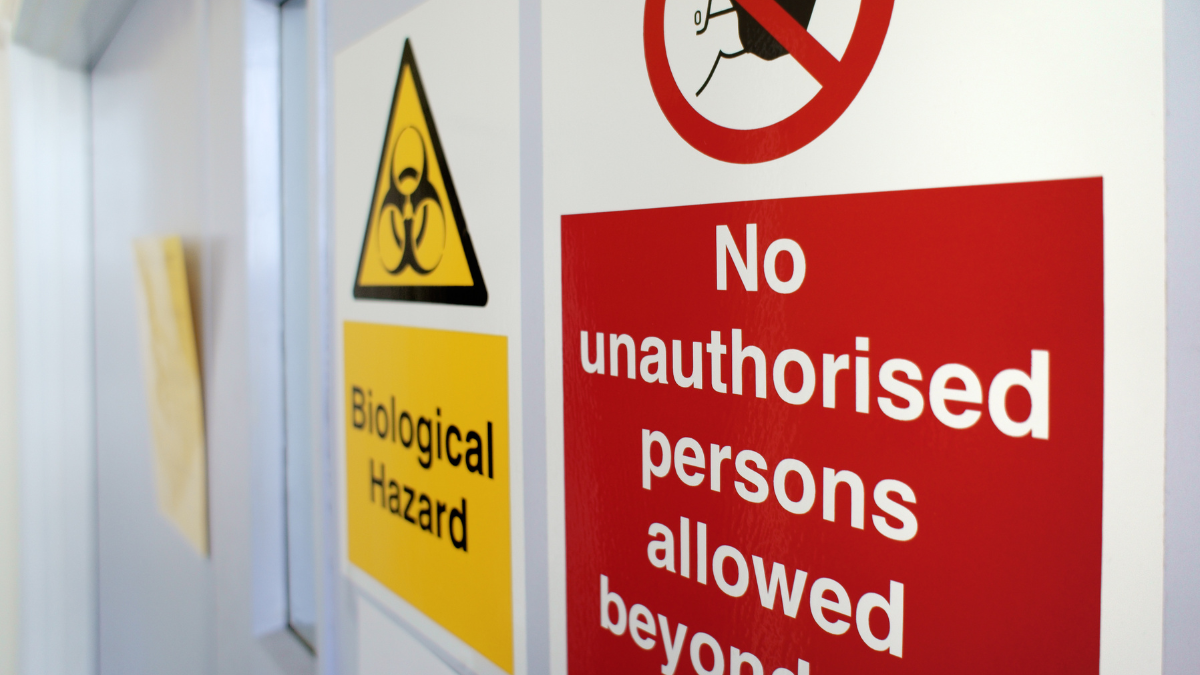
How Advanced HSE Solutions Can Help
At Advanced HSE Solutions, we specialize in providing tailored HSE services for the food manufacturing industry, including:
- CHRA: Comprehensive risk assessments for chemical handling.
- Environmental Monitoring: Ensuring air, water, and waste compliance with DOE standards.
- HRDF-Claimable Training: Equipping your workforce with the knowledge to maintain a safe workplace.
- Safety Audits: Identifying and mitigating workplace risks.
FAQs About HSE Services in Food Manufacturing
Q: Are HSE services mandatory for food manufacturers?
Yes, compliance with OSHA, HACCP, and other safety standards is mandatory to ensure workplace and product safety.
Q: What is the role of CHRA in food manufacturing?
CHRA identifies risks associated with chemical exposure and recommends measures to protect workers, ensuring compliance with USECHH Regulations 2000.
Q: How often should safety audits be conducted?
It is recommended to conduct safety audits annually or whenever significant changes occur in processes or equipment.
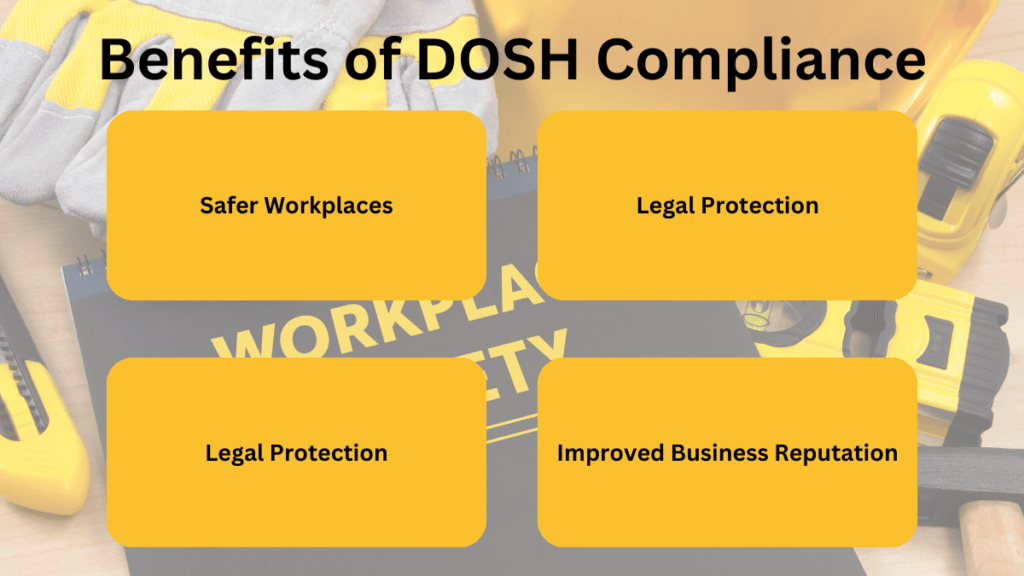
Conclusion: Why HSE Services Are Essential for Food Manufacturing
The food manufacturing industry operates in a high-stakes environment where compliance, safety, and quality are paramount. By leveraging HSE services, businesses can mitigate risks, ensure regulatory compliance, and enhance operational efficiency. From CHRA to noise risk assessments, Advanced HSE Solutions provides the expertise and support needed to navigate these challenges successfully.
Ready to enhance workplace safety in your food manufacturing facility?
Contact Advanced HSE Solutions today to learn how our tailored HSE services can benefit your business.
